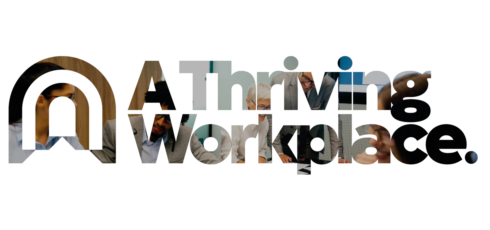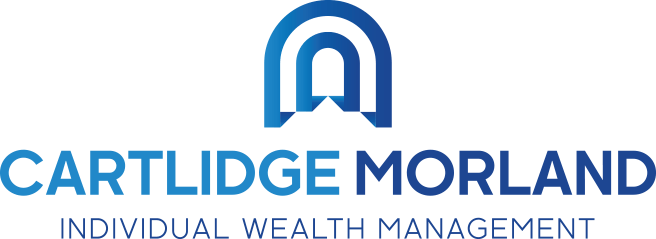
Life Assurance – providing financial security and peace of mind.
- By Gary Allchin
- April 19 2025
Life Assurance plays a vital role in providing financial security and peace of mind to employees and their families in the unfortunate event of an employee’s death. This benefit offers a lump sum payment to the employee’s family, irrespective of the cause of death, ensuring that their loved ones are financially supported during a challenging time. Commonly a lump sum pay out of 4 x Basic Salary is used although a range of salary multiples can be used or a set (flat) amount.
Employers who offer Life Assurance as part of their benefits package demonstrate a commitment to the wellbeing of their employees and their families. This benefit not only serves as a valuable safety net for employees but also plays a significant role in attracting, engaging, and retaining top talent within an organisation. Additionally, offering Life Assurance can help employers stay competitive by aligning their benefits package with industry standards and meeting the expectations of prospective employees.
Research continues to highlight the prevalence and importance of Life Assurance in the UK workplace. Recent data from a 2023 study conducted by the Chartered Institute of Personnel and Development (CIPD) revealed that 91% of UK organisations provide some form of Life Assurance as part of their employee benefits package. This statistic underscores the widespread recognition of the value of Life Assurance in supporting employees and their families during times of need.
Moreover, the same study found that employees highly value Life Assurance as a benefit, with 78% of respondents stating that access to Life Assurance positively impacts their perception of their employer. This indicates that offering Life Assurance not only provides financial security but also contributes to employee satisfaction and engagement, ultimately fostering a positive employer-employee relationship.
There are tax advantages as well for employers (as the cost can be offset against profits to help reduce their corporation tax bill) and employees (with benefits usually payable tax free outside of their estate).
Dependent on staff headcount an automatic cover level is included without employees having to be medically assessed and the costing process is normally simplified with staff data just needing to be provided once a year. The pricing is normally determined primarily by whether there are any long-term absentees and then the amount of cover required, scheme demographics, claims history, overseas business travel and the nature/location of the employer.
Life Assurance is a very cost-efficient benefit typically priced at approximately 1% of payroll (for a 4x Basic Salary benefit) and the benefits and peace of mind it offers to employees and their families far outweigh the investment for employers. By prioritising the wellbeing and financial security of their workforce through benefits such as Life Assurance, employers can create a supportive and inclusive work environment that attracts and retains top talent.
Although costing rates are normally guaranteed for two years, Cartlidge Morland’s standard approach is to review annually as well as to take into account individual insurer propositions and ancillary benefits into our recommendations. We include communication materials so employees are aware they are protected along with nomination forms to select whom they want the death lump sum to be paid to.
In conclusion, Life Assurance is a valuable component of a comprehensive benefits package that demonstrates an employer’s commitment to employee well-being and financial security.
To learn more about how Life Assurance can benefit your employees and your organisation, contact us today to explore tailored employee benefits solutions that meet your unique business needs and priorities.

